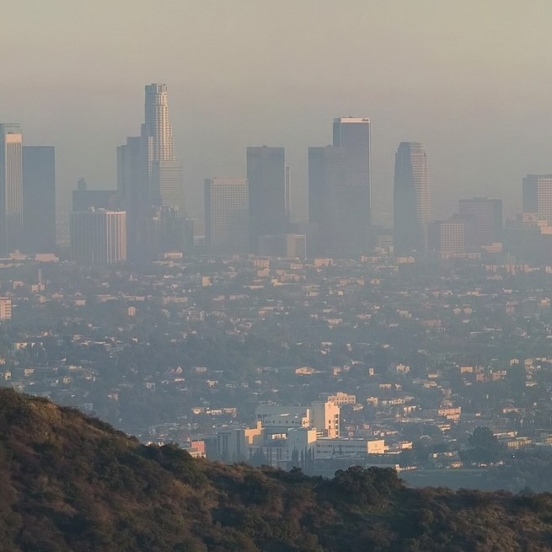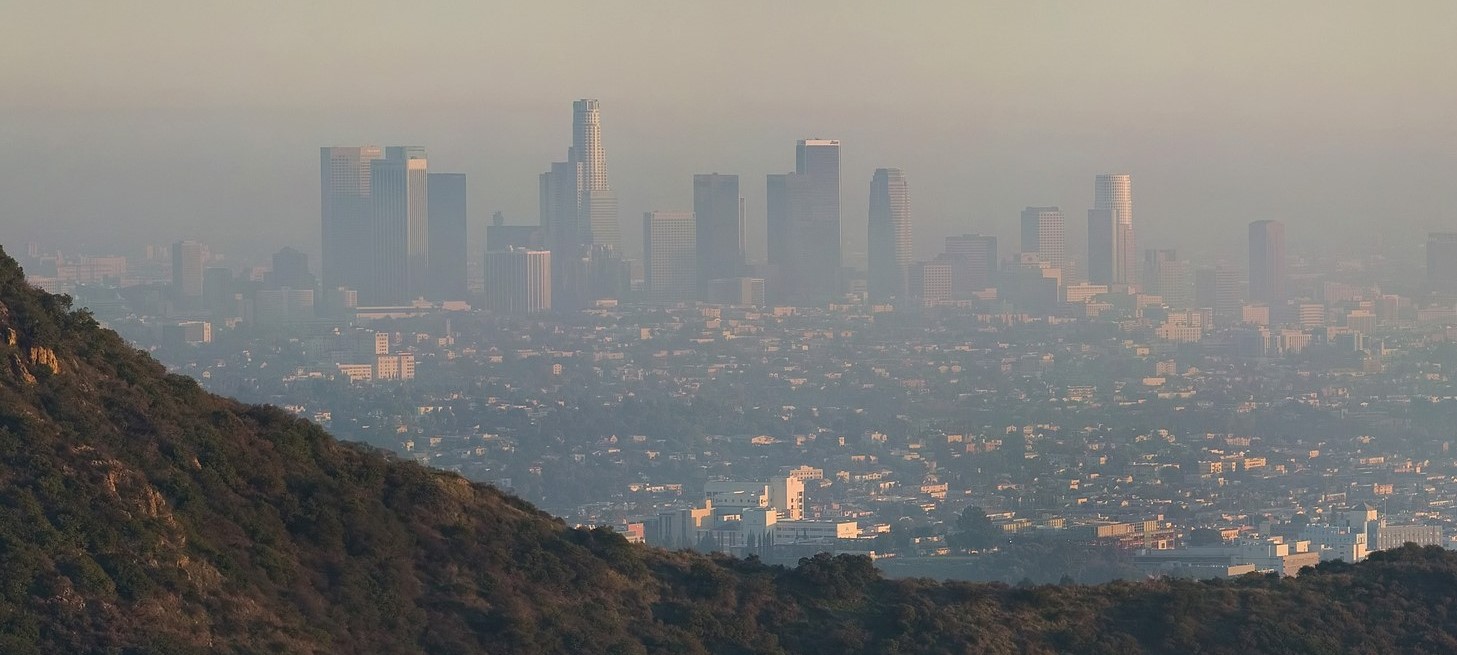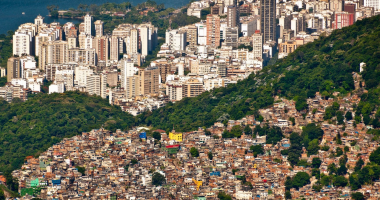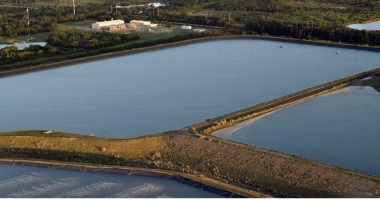Climate, Health and Equity Brief
Bribery, life expectancy and toxic waste
August 3, 2020

The Climate, Health & Equity Brief is GMMB’s take on the week’s news on the current impacts of climate change. If you haven’t subscribed yet, you can do so by clicking here.
Hot Topic: Health. Research out this week provides new evidence on the negative health impacts of fossil fuels. One report from the University of Chicago identified poor air quality as the single greatest risk to human health, finding that exposure to particulate matter cuts average life expectancy by two years for every woman, man and child on Earth. Among the world’s most polluted countries, the impacts are even worse; in some areas of India and Bangladesh, poor air quality has been found to shorten the average lifespan by nearly a decade.
In the U.S., a Union of Concerned Scientists study found that accelerating sea-level rise has put more than 800 coastal Superfund sites—the ‘worst of the worst’ hazardous waste sites in the U.S.—at heightened risk of inundation. If flooded, these sites would contaminate surrounding land and water with dangerous levels of toxins and cause adverse health effects among those living in surrounding and downstream neighborhoods.
A third study out of Columbia University provided some positive news with its examination of the impact of the Regional Greenhouse Gas Initiative (RGGI) on children’s health. The research found that since its inception, the RGGI—a program that limits power plant emissions in 10 states—has prevented an estimated 500 cases of childhood asthma, 150 preterm births and 100 cases of autism.
While the mountain of evidence on the importance of clean air continues to grow and the world contends with a deadly respiratory pandemic, the news also reveals continued efforts to play politics with the air we breathe. Just this week, a GOP lawmaker was arrested for accepting a bribe to secure a billion-dollar bailout for a fossil fuel company, and an investigation of the Trump administration is now underway for allegedly allowing the Department of Transportation, rather than the EPA, to write new U.S. emissions standards. We find ourselves longing for the days—particularly those in the future—when sound science and a concern for human health guide our elected leaders’ decisions.
—Matt & Traci, GMMB
Health
New research found that exposure to particulate air pollution from the burning of fossil fuels decreases life expectancy for adults and children by nearly two years. (Science Alert)
The Regional Greenhouse Gas Initiative, a program that limits emissions from power plants across 10 Eastern U.S. states, has led to a decrease in underweight births, asthma and autism among children in the region by hundreds of cases, according to a new study. (Grist)
As the coronavirus pandemic collides with an active storm season sweeping across parts of the U.S. and Caribbean, officials are grappling with how to safely evacuate and shelterresidents. (CNN, Axios)
Rising sea levels and above-average rainfall have inundated more than a quarter of Bangladesh and led to nearly 5 million evacuations. (The New York Times)
Unprecedented heatwaves in Siberia are now spreading to other parts of the Arctic, including record high temperaturesnearly 70 percent above July averages in Eureka, Canada over the weekend. (Earther)
Extreme hot zones that currently cover just one percent of the earth’s surface could cover up to 19 percent of land by 2070 as global temperatures continue to rise, fueling food insecurity and displacing tens of millions of people. (The New York Times Magazine)
Equity
A new study revealed that sea-level rise puts more than 800 Superfund sites that store hazardous waste from oil and gas facilities in danger of flooding in the next 20 years, threatening to expose nearby minority and low-income communities to toxic waste. (InsideClimate News)
A new climate funding program in Houston, Texas, will prioritize disadvantaged neighborhoods that have historically been left out of flood-control projects. (The New York Times)
Check out this Bloomberg interview with Rhiana Gunn-Wright, director of climate policy at the Roosevelt Institute, about the importance of the climate justice movement and the interconnectedness of social and climate policy. (Bloomberg)
Politics & Economy
Despite the Trump administration’s efforts to prop up the coal industry, new federal data shows that U.S. coal production is at its lowest level in four decades as demand shifts to cheaper renewable energy sources. (The Washington Post)
A new report warns that the amount of plastic pollution in oceans and on coastlines could triple by 2040 unless waste collection systems are improved globally and companies reduce the production of virgin plastics. (Bloomberg)
Following calls for greater transparency, an internal EPA watchdog opened an investigation into the Trump administration’s rollback of Obama-era automobile emissions regulations, alleging the Department of Transportation, rather than the EPA, wrote the majority of the rule. (The Verge)
After a Republican lawmaker was arrested last week for accepting a bribe to secure a $1.3 billion bailout for a fossil fuel company, a new report revealed that utilities often use financial contributions to sway support for fossil fuel investments. (Los Angeles Times)
While speaking in the nation’s largest petroleum-producing state of Texas this week, Mr. Trump labeled Joe Biden’s recently announced $2 trillion climate plan a threat to the nation’s oil and gas industry. (The Washington Post)
Action
Following intense pressure from climate advocacy groups, investment company Deutsche Bank announced a new energy policy banning investments in oil or gas drilling projects in the Arctic. (EcoWatch)
The UN has announced a new Youth Advisory Group on Climate Change that will help advocate for world leaders to include climate action plans in their COVID-19 recovery responses. (Grist)
Kicker
What happens when climate change hits home? In the hockey-loving nation of Canada, warming temperatures are melting outdoor ice rinks and threatening a way of life.
“Earth provides enough to satisfy every man’s needs, but not every man’s greed.”
– Mahatma Gandhi






